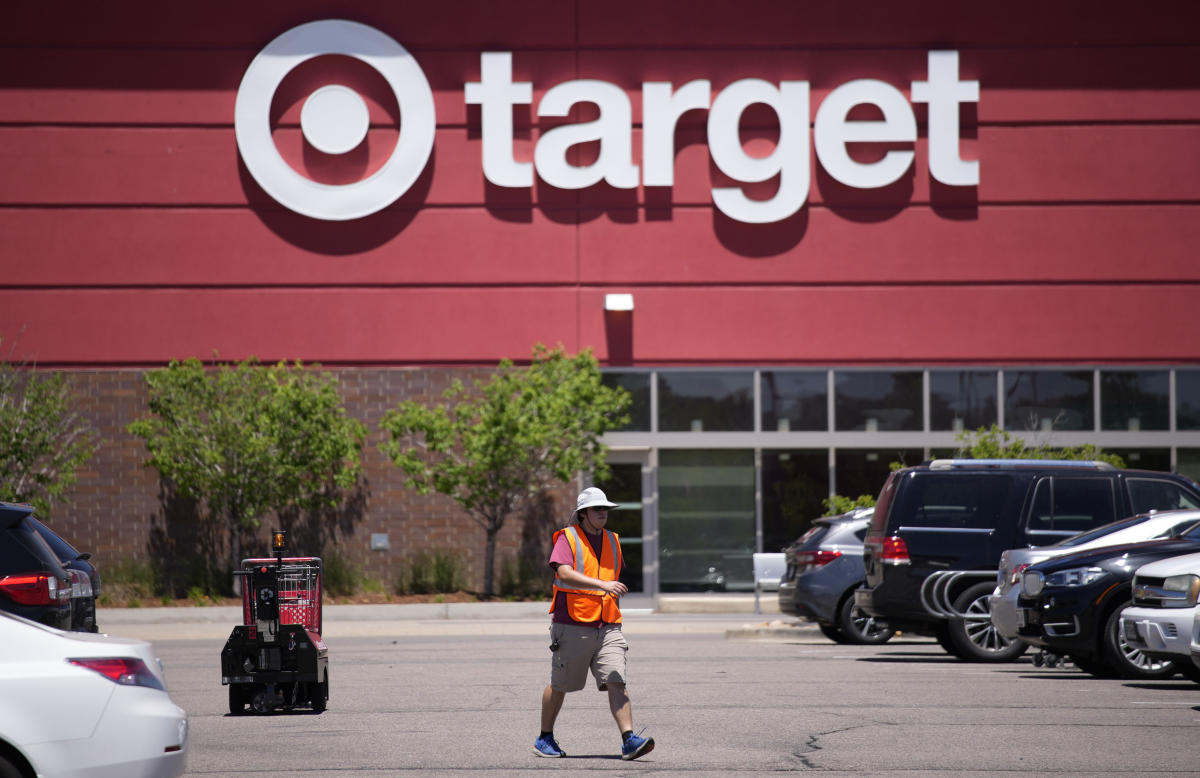#Feds investigating alleged problems with Kosciuszko Bridge cable armor

“#Feds investigating alleged problems with Kosciuszko Bridge cable armor”
Federal authorities are investigating claims that anti-terror cable shields on the Kosciuszko Bridge are falling apart as the result of a botched job by an allegedly crooked contractor, The Post has learned.
The Brooklyn US Attorney’s Office obtained a subpoena for documents from Hardwire LLC, which is locked in a related court battle against ex-employee Irwin “Skip” Ebaugh IV and his company, Infrastructure Armor LLC, according to a source familiar with the matter.
Hardwire alleges in a nearly $40 million civil suit that it lost out on a job to protect the bridge’s cables from bomb blasts and fire after Ebaugh swiped its trade secrets and used them to underbid his former employer.
The investigation into the bridge was launched after The Post last year exclusively reported on Hardwire’s suit in Baltimore federal court — including its claim that Ebaugh’s work created “a severe and imminent threat to public safety.”

The probe grew out of an earlier investigation by the FBI in Maryland into Hardwire’s claim that Ebaugh stole its trade secrets, according to a source familiar with the matter.
The Brooklyn investigation has since been expanded to include Hardwire’s allegations regarding the manufacture, installation and safety of the bridge’s cable shields, the source said.
Although the exact nature of the probe isn’t clear, federal tax money paid for more than $800 million of the cost of the $873 million Kosciuszko Bridge. Under federal law, it is a felony to defraud the government through any contract worth more than $1 million.
The maximum punishment is 10 years in prison and a $1 million fine, although the fine can be increased to as much as $5 million if “the offense involves a conscious or reckless risk of serious physical injury.”
Hardwire claimed in court papers that “aggressive corrosion” of the bridge’s cable armor from improper manufacturing and installation left the metal equipment “in danger of falling off.”

The federal subpoena seeks copies of “emails, correspondence and other documentation received by or related to” Ebaugh’s company and three other firms involved in the work on the bridge, which connects Brooklyn to Queens over Newtown Creek.
They include Freyssinet USA, which designed and supplied the cables for the dual-span Kosciuszko, which was completed in 2019 and replaced a namesake bridge that opened in 1939.
The company, a subsidiary of the French construction and engineering conglomerate Soletanche Freyssinet, was recently named a co-defendant in Hardwire’s suit.
Freyssinet USA is accused of conspiring with Ebaugh and his company to steal Hardwire’s trade secrets and “monopolize the armor shielding and bridge cable market” in the US and elsewhere.
The defendants have denied all of Hardwire’s allegations.

The other companies named in the subpoena are HNTB Corp., which was the lead designer of the bridge and Vectorworks Marine LLC, a tooling and production company.
The Brooklyn federal subpoena was issued Feb. 9, a little more than two months after The Post revealed that all 56 metal-and-concrete cable shields on the Queens-bound side of the bridge were being held together by hundreds of nylon straps.
Ebaugh was photographed installing the first straps in March of last year, just hours after The Post exclusively reported on the allegations against him and his company.
The state Department of Transportation said the straps were “proactively” installed by Ebaugh’s company due to “minimal separation on some of the casings” and insisted that the situation had “no bearing on the safety of the bridge.”
The subpoena directed Hardwire to appear before a Brooklyn grand jury Feb. 23 or else turn over the records to an agent of the US Transportation Department’s Office of Inspector General.

According to court records, Hardwire hasn’t complied with the subpoena due to a confidentiality order covering discovery material that’s part of its case against Ebaugh, his company and Freyssinet.
Last week, the company filed a motion to amend the order so it can cooperate with the feds and attached its federal subpoena as an exhibit.
Maryland federal Chief Judge James Bredar, who is presiding over the case, gave the defendants until Monday to respond.
A spokesman for the Brooklyn US Attorney’s Office declined to comment on the subpoena.
Lawyers for Ebaugh, his company and Freyssinet, and representatives of HNTB and Vectorworks Marine didn’t return e-mails seeking comment.
If you liked the article, do not forget to share it with your friends. Follow us on Google News too, click on the star and choose us from your favorites.
For forums sites go to Forum.BuradaBiliyorum.Com
If you want to read more News articles, you can visit our News category.




